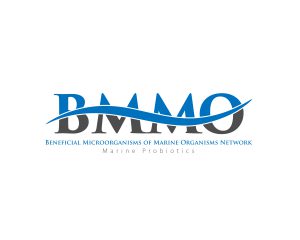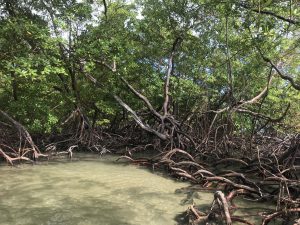 Overview
Overview
How to Join
Chairs:
Alexandre Rosado – King Abdullah University of Science and Technology – KAUST, Saudi Arabia
Jack Gilbert – University of California San Diego, USA
Sarah M. Allard – University of California San Diego, USA
Jeff Bowman – University of California San Diego, USA
Team:
Ian M. Head, Newcastle University, UK
Jorge Rodrigues, University of California Davis
Norman Duke, James Cook University, Australia
Martin Zimmer Leibniz-Centre for Marine Tropical Research (ZMT) and University of Bremen, Germany
Jonathan Eisen, University of California Davis
Howard Junca, Microbiomas Foundation, Chia, Colombia and Leibniz Institute DSMZ-German Collection of Microorganisms and Cell Cultures GmbH, Germany
Vânia Melo, Federal University of Ceará , Brazil
Christiane Hassenrück, Leibniz-Centre for Marine Tropical Research (ZMT), Germany
Véronique Helfer, Leibniz-Centre for Marine Tropical Research (ZMT), Germany
Raquel Peixoto, King Abdullah University of Science and Technology – KAUST, Saudi Arabia
Huxley Makonde, Technical University of Mombasa, Kenya
Diego Javier Jiménez Avella, Universidad de los Andes, Bogotá, Colombia
Matthew T. Costa, Scripps Institution of Oceanography, USA
Daniele G. Daffonchio, KAUST, Saudi Arabia
Laetitia Wilkins, University of California Davis, USA
Karsten Zengler, University of California San Diego, USA
Jeff S. Bowman, University of California San Diego, USA
Ashley Bulseco, MBL, Woods Hole, Massachusetts, USA
Tallita Tavares, Federal University of Ceara, Brazil
Marco Fusi, Edinburgh Napier University, UK
Octavio Aburto Oropeza, Scripps Institution of Oceanography, UC San Diego, USA
Inka Vanwonterghem, Australian Centre for Ecogenomics (ACE), The University of Queensland, Australia
Natalia Galud Erazo, University of California San Diego, USA
Carlos Duarte, KAUST, Saudi Arabia
Steven Canty, Smithsonian Marine Station, FL, USA
Jennifer Rowntree, Manchester Metropolitan University, UK
Terrence Forrester, The University of the West Indies, Jamaica
Luke Thompson, NOAA Northern Gulf Institute, FL, USA
Meng Li, University,Shenzhen, China
Sean Crowe, The University of Hong Kong, China
Aristóteles Góes-Neto, Federal University of Minas Gerais, Brazil
Vasco Azevedo, Federal University of Minas Gerais, Brazil
Punyasloke Bhadury, Indian Institute of Science Education and Research Kolkata, India
Dayana E. Salas, Dalhousie University, Canada
